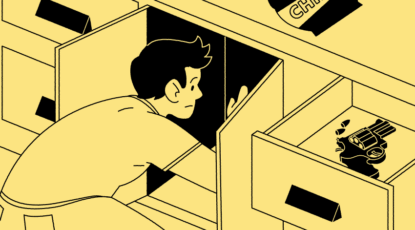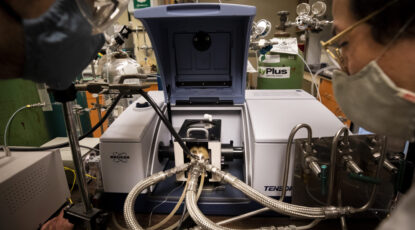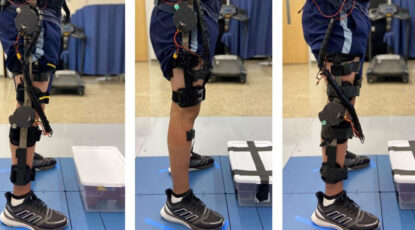Research News
-
$30M gift to establish the Ronald Weiser Center for Prostate Cancer at Michigan Medicine
The center will be a clinically focused entity within the Rogel Cancer Center that combines expertise from three departments — Urology, Radiation Oncology and Radiology — with representatives from each discipline collaborating and serving in leadership roles.
-
In the digital era, you are not alone
Solitude traditionally has been defined as being physically separated from other people. But as the world becomes increasingly mediated, it’s time to rethink what ‘being alone’ really means.
-
More weapons in U.S. homes since pandemic
Days before a 15-year-old allegedly killed four students and wounded others at an Oxford, Mich., high school, his father purchased the firearm used in the attack. A U-M study shows gun ownership among parents of teens spiked with the pandemic.
-
Water affordability crisis looms
Water and sewer service affordability, at both household and community levels, is a widespread problem across Michigan. A new study warns it may get worse if left unchecked.
-
U-M combats residential flooding in Detroit
The city’s aging infrastructure is no match for the severe effects of climate change. But with $1 million from the Kresge Foundation, U-M’s School for Environment and Sustainability will work with local partners to mitigate flooding and other concerns.
-
$2M to replace fossil fuels with solar power in fertilizer production
U-M researchers will study the effectiveness of a new ammonia production process aimed at reducing greenhouse gas emissions. Bringing the process directly to farmers could cut environmental costs by reducing transportation requirements.
-
Energy from waste: Cow-inspired biodigesters
A proposed energy-production system based, in part, on cow stomachs could generate 40 percent more power from municipal waste streams, at a 20 percent reduced cost — and provide a viable alternative to sending waste to landfills.
-
Exoskeletons to assist workers, the elderly, etc.
U-M is developing a solution for the one in eight Americans who faces a mobility disability. A $1.7 million grant from the National Institutes of Health is funding the creation of a modular, powered exoskeleton system that could be used on one or multiple joints of the legs.
-
Individual finger control for advanced prostheses demonstrated in primates
In a first, a computer that could fit on an implantable device has interpreted brain signals for precise, high-speed, multifinger movements in primates. This is a key step toward giving those who have lost limb function more natural, real-time control over advanced prostheses.










